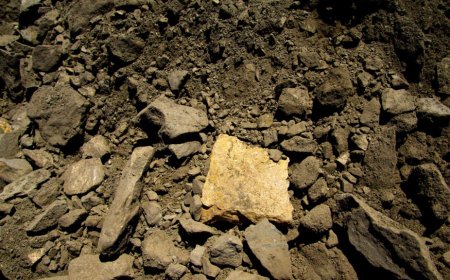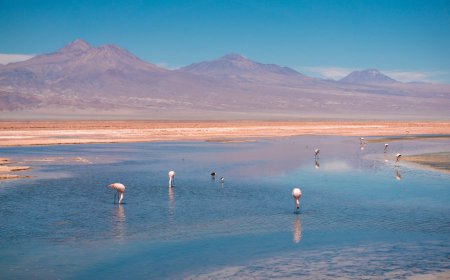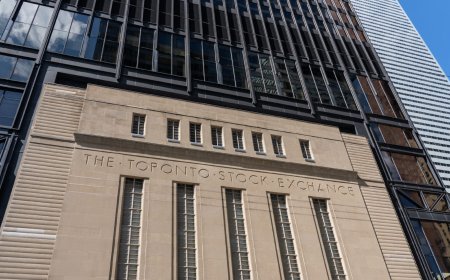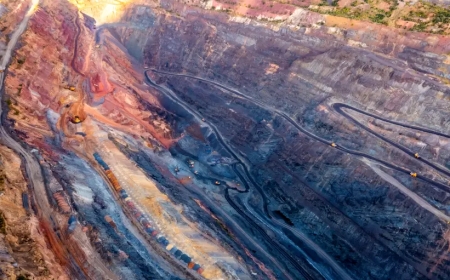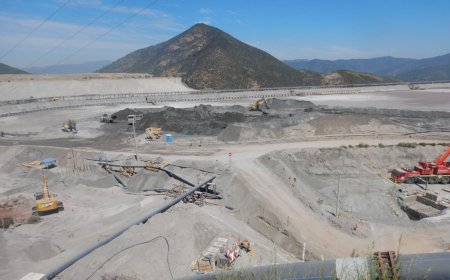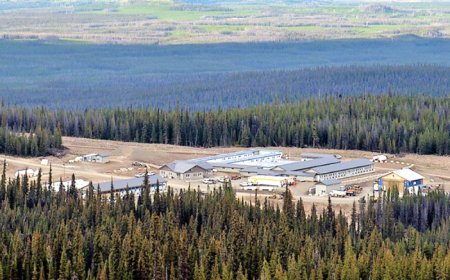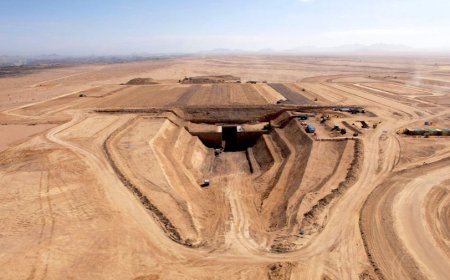The largest gold producer you’ve never heard of is growing
Navoi Mining and Metallurgical Co., the world’s fourth-largest gold company by output, plans to start another mine in its Uzbekistani homeland this year while intending to go public eventually with a stock market listing in the West.
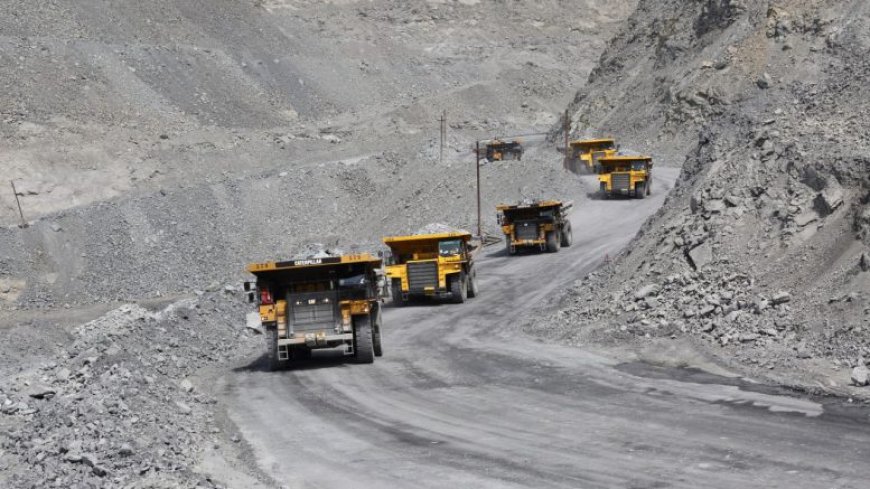

Eugene Antonov, deputy CEO and chief transformation officer of the state-owned company, said he met with Canadian banks and TSX officials during Navoi’s first visit to the Prospectors and Developers Association of Canada’s annual conference in Toronto this month.
“It was a great success because we had lots of interest,” Antonov told The Northern Miner in an interview as PDAC wound down on Mar. 8. “They were raising their eyebrows after they found out how big a company we are, when so little is known about us.”
The company produced 2.8 million oz. of the yellow metal in 2021, with earnings of US$4.8 billion, making it the country’s largest earner by revenue. Navoi is headquartered in the namesake city in east-central Uzbekistan.
Now, the miner is undergoing widespread modernization with US$1.2 billion in loans from J.P. Morgan, Citibank, Société Générale and Deutsche Bank while targeting annual output of 3 million oz. by 2026. It plans to start mining during the third quarter 100 km northeast of Navoi at the Pistali deposit, discovered four years ago, adding 150,000 oz. a year to production.
Antonov, who used to work for Kinross Gold (TSX: K; NYSE: KGC) and has an MBA from the University of Toronto, couldn’t say exactly where or when Navoi would apply to list publicly, but said the first goal is to raise the company’s profile. Last year, the company visited a mining industry event in London.
Navoi has 12 mostly open-pit mines and nine processing plants across the central Asian country and plans to spend US$17 million this year on exploration. It’s seeking to find and develop another Muruntau open-pit mine, its primary operation producing 1.7 million oz. of gold a year with a potential 40-year mine life and 100 million oz. of gold in a resource estimate, although it wasn’t done according to Western standards. Navoi figures it has total resources of 150 million oz. of gold.
Westernizing mining standards
Uzbekistan, under President Shavkat Mirziyoyev, has started privatizing state-owned enterprises, removed some trade barriers and lifted currency controls to help its economy grow by nearly 6% last year, according to The Economist. The magazine chose Uzbekistan as the world’s most improved country in 2019.
Officials cut its mineral extraction tax to 10% from 25% in 2019 and are updating its mining code by adopting Western claims practices, government land auctions and Australian standards for resource estimates, Antonov says. He didn’t say whether that meant Navoi is leaning towards listing on the Australian stock market.
However, Uzbekistan is doubly landlocked; lacking a seaport and surrounded by landlocked and mostly post-Soviet countries. Some in the West may see it as a Russia ally in its war with Ukraine although the government in Tashkent, the capital, has said it respects Ukraine’s territorial integrity. Uzbekistan was ruled for 27 years by post-Soviet dictator Islam Karimov. Now, Mirziyoyev, who started as president in 2016, is keen to change the constitution to extend his term to 2040 when it’s due to end in 2026, The Economist says.

Still, the reforming country has been good for Navoi, which recorded total cash costs of US$623 per oz. and all-in sustaining costs of US$751 per oz. in 2021 as it benefited from bigger mines and lower labour, energy and borrowing costs than most peers, the deputy CEO said.
“Management has worked hard to successfully keep costs low, which are helped by the large-scale operations that allow us to achieve that benefit. We also have very low leverage,” he said, referring to a ratio of debt to earnings before interest, tax, depreciation and amortization of 0.6.
As for critics who might suggest Navoi is able to lower costs by operating under lax environmental codes, Antonov disagreed.
“Uzbekistan has very strict mining laws,” he said. “We’re fully cognizant that as we enter international capital markets, we will be held accountable at international standards.”
Navoi annually trains 13,000 employees of its 46,000-member workforce in environmental, social and governance issues, has built four solar power plants and is expanding its economic development programs, the deputy CEO said.
Antonov joined Navoi after being CEO of former London-listed Trans-Siberian Gold, a producer of about 50,000 oz. a year. Uzbekistan sought him as a foreign-trained national to help the former Soviet republic transform to a market-based economy where it can benefit from its location at the crossroads of the ancient Silk Road.
“We’re here to meet with banks and investors but we’ve also met with a number of Canadian producers and suppliers of the most technologically advanced exploration and processing systems,” he said. “We operate in a desert so the overburden can be thick and there is huge potential to find another Muruntau mine, so we need to work smarter to find it.”
